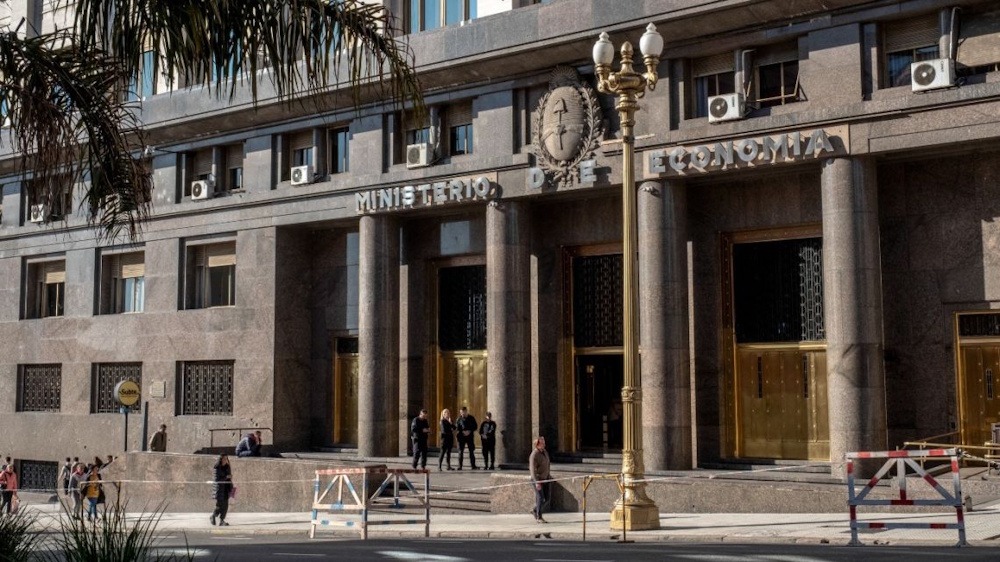Argentina successfully refinanced nearly all of its imminent local maturities during a debt auction on Wednesday, providing a temporary relief for President Javier Milei following a significant defeat for his party in the local elections held on Sunday. Milei’s administration successfully rolled over over 91 percent of peso-denominated notes that were due, managing to sell a total of 6.6 trillion pesos in government notes, as reported by Finance Secretary Pablo Quirno.
However, the Treasury’s most subscribed Lecap notes included annual interest rates above 59 percent, indicating that borrowing costs remain elevated as Milei’s government has significantly tightened liquidity in the financial system to contain currency volatility. Prior to the auction, yields on local debt surged to unprecedented levels, even before the unexpected vote in Buenos Aires Province. This surge reflected growing investor anxiety regarding the sustainability of Milei’s free-market agenda, compelling the administration to consistently increase banks’ reserve requirements in an effort to maintain a firm control over the peso. “Rates were pretty elevated,” remarked Ramiro Blazquez. “This suggests that the government remains focused on maintaining low inflation in the lead-up to the election, potentially at the expense of economic activity.” This week has marked a critical juncture for Argentina, as it grapples with the challenges posed by its declining peso, which stands as the poorest performer among emerging markets in 2025.
Losses accumulated on Monday following Milei’s party’s defeat in the Buenos Aires Province vote, which occurred by a significantly larger margin than anticipated by investors. This outcome has heightened concerns regarding the potential for a comparable setback in the upcoming nationwide midterm elections next month. Rolling over a significant portion of the maturing bonds, which includes certain dollar-linked securities, assists the government in averting a sudden influx of cash into the economy. Such an influx could exacerbate declines in the peso and jeopardize the advancements that Milei has achieved in controlling rampant inflation. At 1,423.5 pesos per US dollar, the exchange rate approaches the upper threshold of a trading band established under the South American nation’s US$20-billion arrangement with the International Monetary Fund. To maintain that range, authorities have mandated that banks elevate the proportion of deposits they must hold at the Central Bank via the acquisition of government debt.
This limitation on banks’ lending capabilities consequently reduces the circulation of pesos within the economy, thereby elevating borrowing costs. This time, authorities refrained from announcing any prior monetary measures, indicating the government’s readiness to sell the debt at elevated rates to secure demand. Prior to the auction, the yield for the local notes maturing in October stood at 55.3 percent. Milei receives a boost as August inflation remains below the monthly average. 2%. “It is noteworthy that no reserve requirement hike was announced ahead of this week’s auction,” stated Pedro Siaba Serrate. Prior to the Buenos Aires Province election, Quirno astonished traders by indicating that the government was engaging in the exchange market. The recent measures have had minimal impact on curbing the sell-off observed this week; however, Argentina’s stocks and bonds experienced a slight uptick over the past two days following significant losses on Monday. The peso, in contrast, has persisted in its downward trajectory.
In response to the recent provincial vote, Milei established a dedicated working group, indicating a readiness to bolster political coalitions, although the subsequent actions remain ambiguous. A solid rollover was anticipated, “particularly now that markets have stabilised and Milei is signalling a willingness to strengthen ties with the governors, raising the odds of a respectable showing in the October national midterms,” stated Pedro Quintanilla.

